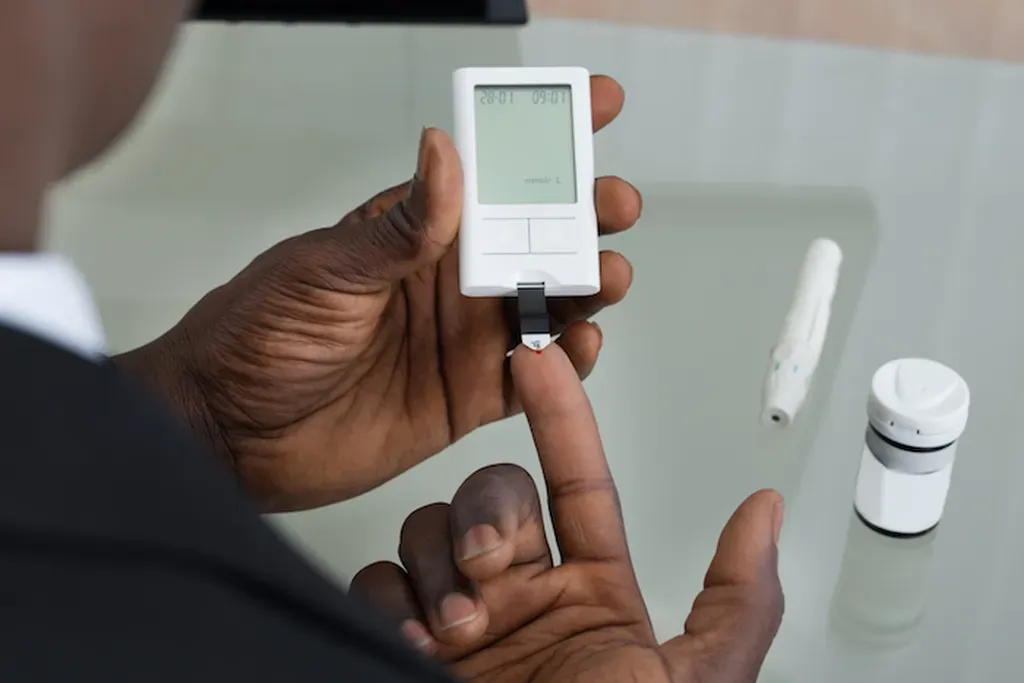If you’re curious about how to better manage your blood sugar levels and maintain a healthy lifestyle, read on to discover our top tips for keeping your blood sugar stable.
While you can do several things to maintain a healthy and happy lifestyle, there are some tricks you might not have thought of. That’s where we come in! One of the best things you can do for your overall well-being is to maintain stable blood sugar levels, which can act as a preventive measure against diabetes and energy crashes.
At LocalMD in Maspeth, Queens and Lower Manhattan, New York, our dedicated team offers wellness checks and support so you’re always one step ahead. In this blog, we guide you through some of our top tips for keeping your blood sugar levels stable so you can live your best life moving forward.
Prioritize mindful eating habits
One of the most important ways to manage your blood sugar is to prioritize good eating habits. What does that entail? Here’s what we recommend:
Eat balanced meals
Whether it’s for breakfast, lunch, or dinner, try including a healthy combination of complex carbohydrates — such as whole-grain products, fruits, and legumes — lean proteins, and healthy fats in each meal. One whole grain you may not have thought of that can provide sustained energy is quinoa.
Practice portion control
Measuring and estimating portions can be hard work and a bit confusing. Consult with our experts or a nutritionist about how much you should be eating per day for your specific needs and goals. To help control your portions and avoid overeating, weigh your food on a scale and use smaller plates.
Stick to consistent meal times
When it comes to keeping your blood sugar stable, your body needs consistency. Keeping regular meal times can help your body use insulin more efficiently, whether it’s produced naturally or taken as medication. Don’t skip meals — this prevents major blood sugar fluctuations.
Make smart food choices
Practicing mindful eating habits only works if you’re pairing those habits with good food choices. Whether you seek the help of a professional or put together a diet based on your research and goals, eating the right foods makes a world of difference. Here are just a few tips you can follow:
Choose low-glycemic foods
Lean on helpful tools like the glycemic index, which you can refer to discover which foods most or least affect your blood sugar levels. Prioritize adding more of the low-glycemic foods to your diet, such as leafy greens, berries, and legumes.
Healthy snacking
Although you might think you need to cut out snacking altogether, that couldn’t be further from the truth. Healthy snacks are an important part of maintaining your blood sugar levels and for overall blood sugar control.
With that in mind, it’s important to choose nutrient-dense foods like nuts, yogurt, or even veggies with hummus. Avoid sugary snacks and opt for protein-rich options to curb your appetite.
Stay hydrated
When it comes to maintaining your overall health, we can’t overstate the importance of drinking water. Limit or replace sugary drinks, as they can lead to rapid blood sugar elevation, and drink plenty of water throughout the day to help your kidneys flush out any excess sugar in your body.
Stay physically active
By practicing mindful eating habits and choosing healthier foods, you’re on your way to improving your overall well-being. To further manage your blood sugar levels, incorporate regular physical activity into your routine. Here are some useful exercise tips:
The power of aerobic exercise
If you want to help your body utilize insulin more effectively and regulate blood sugar levels, ensure you’re getting aerobic exercise — activity that increases your heart rate. We recommend activities such as walking, jogging, or cycling to promote overall cardiovascular health. Aim for at least 150 minutes of moderate-intensity exercise per week.
Strength training
This one can seem overwhelming, but you can tailor exercises to your specific limits and goals. Strength training is important because it promotes muscle health and overall metabolic function, leading to better blood sugar management. Consult with a fitness professional to develop a healthy plan you can commit to.
The importance of consistency
Much like your eating habits, consistency is key for physical activity as well. To experience the long-term benefits you’re looking for, establish an exercise routine you know you can follow through with. Choose activities that bring you joy to make fitness a sustainable part of your lifestyle.
Taking new steps to maintain your blood sugar levels is far less daunting than you might think. Remember that even small changes can lead to major improvements in your well-being.
To learn more about blood sugar management, call the LocalMD office convenient to you or request an appointment online with our team of professionals today.


